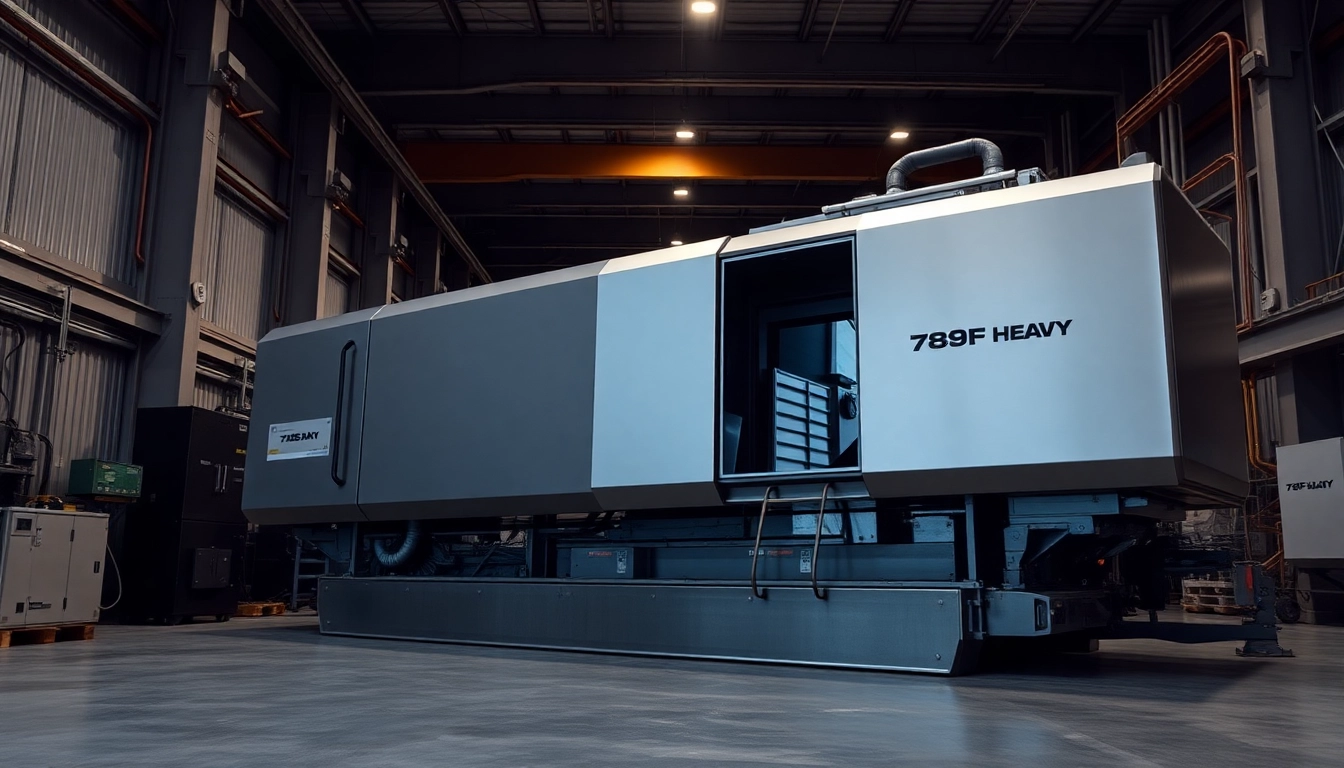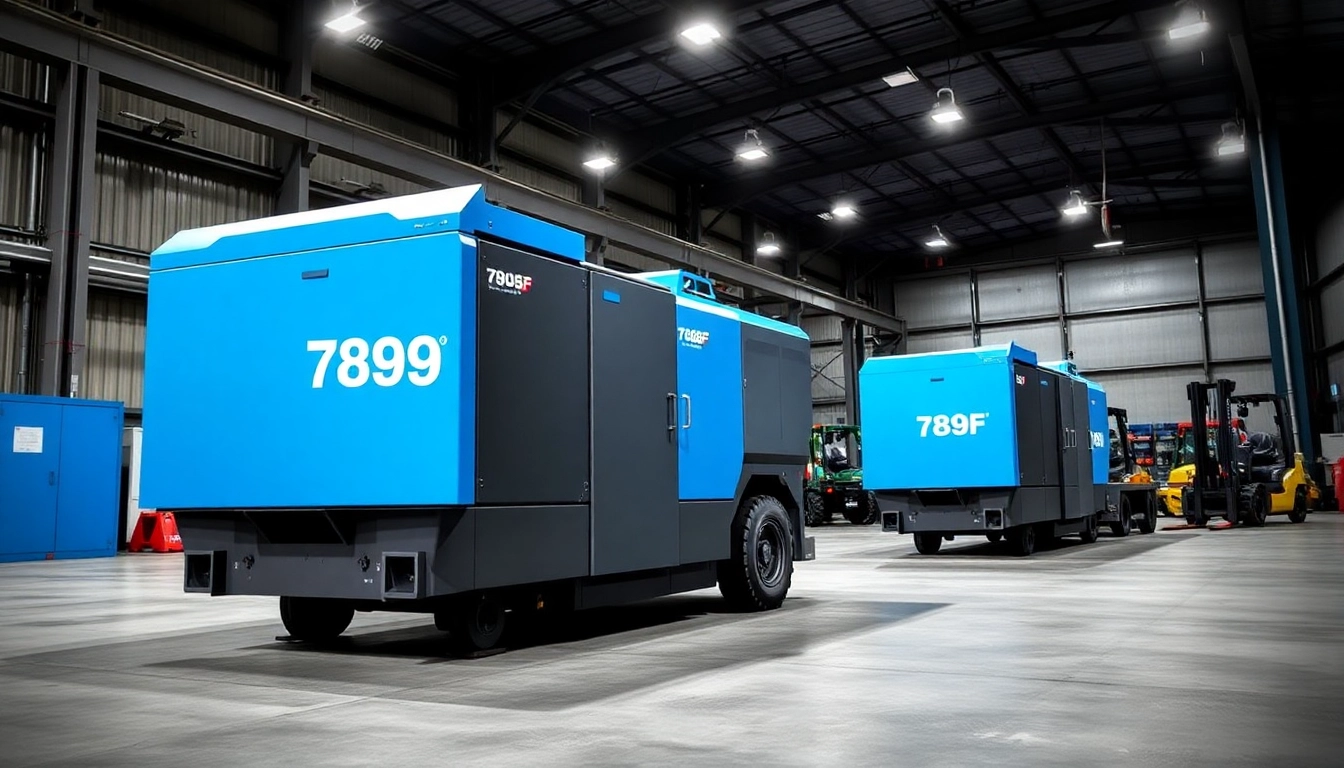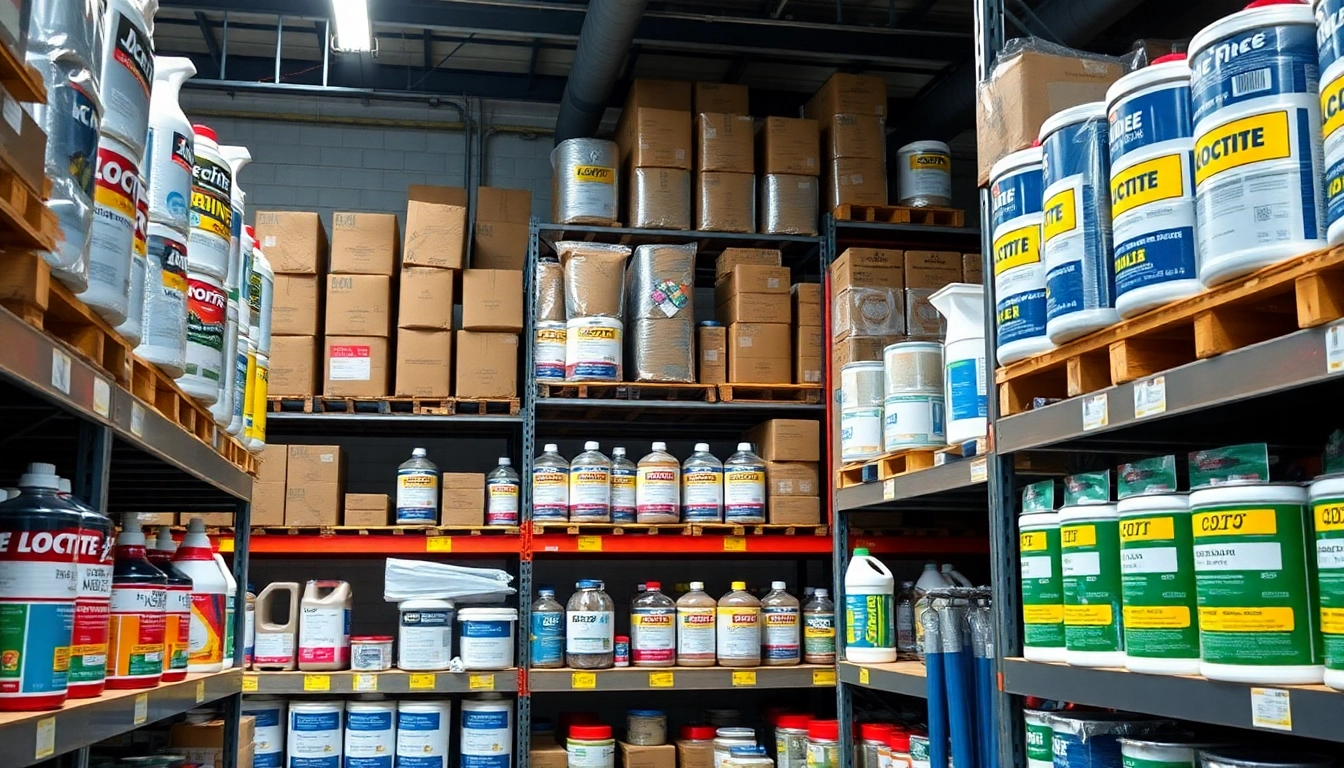Comprehensive Construction Equipment Rental Solutions for Seamless Building Projects
Construction projects in the UK are complex endeavors that require a wide array of specialized machinery and tools. Efficiently managing equipment needs is critical to ensuring project timelines are met, budgets are maintained, and safety standards are upheld. Construction equipment rental has emerged as a strategic approach for construction firms, contractors, and project managers seeking flexible, cost-effective, and reliable access to essential machinery. By leveraging rental services, construction professionals can access the latest technology, reduce capital expenditure, and enhance operational efficiency. Explore the comprehensive landscape of construction equipment rental in the UK, from its benefits and key equipment types to selection strategies and future trends.
For most construction firms aiming to optimize their operations, understanding how to effectively utilize construction equipment rental services is vital. Whether it’s heavy machinery like excavators and loaders or smaller tools such as concrete mixers and power tools, the right equipment can significantly influence project outcomes.
Understanding the Benefits of Renting Heavy Machinery
Opting for equipment rental over purchasing offers numerous advantages tailored to the dynamic needs of construction projects. Below are some of the most compelling benefits:
- Financial Flexibility: Renting eliminates the need for large upfront capital investments, freeing funds for other critical areas of project development. It converts capital expenditure into predictable operational costs.
- Access to the Latest Equipment: Rental companies invest heavily in maintaining their fleets, ensuring clients access cutting-edge machinery with modern features, safety enhancements, and efficiency improvements.
- Reduced Maintenance Burden: Maintenance, servicing, and repairs are typically handled by rental providers, reducing downtime and operational disruptions for construction teams.
- Scalability and Flexibility: Rental agreements can be adjusted based on project phases, allowing teams to scale equipment use up or down as needed without long-term commitments.
- Risk Mitigation: Rental agreements often include insurance options and support services that mitigate risks associated with equipment failure or accidents.
For example, during peak construction phases, having immediate access to additional equipment can prevent delays, ensure safety compliance, and optimize productivity. Industry reports highlight that firms employing rental strategies experience improved project delivery times and cost management.
Key Equipment Types Available for Construction Projects
The range of equipment available for rent in the UK covers every aspect of construction needs, from earthmoving and lifting to finishing and safety. Here are some essential categories:
Earthmoving Equipment
Excavators, diggers, bulldozers, and wheel loaders are the backbone of any large-scale construction site. Rental providers often carry a variety from compact mini-excavators for tight spaces to heavy-duty machines designed for rugged terrain. Modern models offer advanced features such as GPS guidance and eco-efficient engines, optimizing operational performance.
Lifting and Material Handling
Crane rentals, telehandlers, forklifts, and hoists facilitate the safe and efficient movement of materials. These are critical for high-rise or complex infrastructure projects, allowing precise placement while minimizing safety risks.
Compactors and Rollers
Ensuring a stable foundation requires high-quality compactors and rollers. Rental companies provide vibratory rollers, plate compactors, and rammers, which are vital for ground preparation, asphalt paving, and soil stabilization.
Power Tools and Small Equipment
Concrete mixers, power floats, poker vibrators, and handheld tools support finishing works, concrete integrity, and surface treatment processes. Access to reliable, well-maintained tools enhances productivity and quality.
Specialized Equipment
For niche construction tasks, options include drilling rigs, wall saws, and environmental control units such as portable air conditioners or dehumidifiers, ensuring project compliance with health and safety standards.
How Rental Services Support Construction Timelines and Budgets
One of the most significant advantages of construction equipment rental is its direct impact on project timelines and financial planning. Rental providers enable construction teams to adapt quickly to project demands, avoiding delays caused by equipment shortages or breakdowns.
By pre-scheduling rentals aligned with project phases, firms can streamline logistics and reduce idle equipment costs. Furthermore, rental agreements typically include flexible terms, allowing for short-term or long-term use, which provides budgetary predictability and reduces the risks associated with equipment depreciation.
Case studies from UK projects indicate that rental models have led to faster project completions and improved budget adherence. For instance, urban infrastructure projects utilizing rental machinery reported a 15-20% reduction in overall costs and a notable enhancement in safety standards due to access to newer, well-maintained equipment.
Choosing the Right Construction Equipment Rental Partner
Factors to Consider When Selecting a Rental Provider
Not all equipment rental companies are equal. Selecting the right partner hinges on several critical factors:
- Reputation and Industry Experience: Proven history in the construction sector indicates reliability and quality service.
- Range of Equipment: A diverse fleet ensures your project-specific needs are met efficiently.
- Availability and Delivery: Fast turnaround times and flexible delivery schedules support tight project timelines.
- Pricing and Contract Flexibility: Transparent pricing and adaptable leasing options are essential for budget management.
- Supporting Services: Quality of customer service, maintenance support, operator training, and technical assistance influence overall project success.
Evaluating Equipment Quality and Maintenance Standards
High-quality, well-maintained equipment minimizes operational risks and guarantees compliance with safety regulations. Leading rental providers routinely adhere to rigorous maintenance schedules, utilize advanced diagnostic tools, and hold certifications from relevant standards bodies.
Visualization of equipment lifecycle management shows that investments in proactive maintenance reduce breakdown frequency by up to 30%, thereby avoiding costly delays. Additionally, reliable rental companies offer equipment upgrades or replacements as part of their standard service, keeping your fleet at the forefront of technological advancements.
Customer Service and Support for Construction Projects
Effective communication, technical support, and prompt problem resolution are vital in high-stakes environments. Rental companies with dedicated account managers, 24/7 helplines, and on-site support can mitigate unforeseen issues swiftly, ensuring project continuity.
Best Practices for Effective Equipment Rental Management
Planning and Scheduling Equipment Needs
Accurate planning begins with detailed project timelines and a clear understanding of machinery requirements at each stage. Utilizing project management software integrated with rental schedules helps prevent overbooking, underutilization, or last-minute procurement crises.
Safety Protocols and Operating Guidelines
Implementing comprehensive safety protocols, operator training, and clear operating procedures minimizes accidents and legal liabilities. Rental providers often offer training modules or operator certification programs, critical for compliance and efficiency.
Maintenance, Returns, and Long-term Rental Strategies
Effective management involves regular equipment checks, timely maintenance, and strategic planning for long-term rentals, which often yield discounts and tailored service packages. Clear return policies and inspection procedures assure accountability and smooth logistics.
Case Studies: Successful Construction Projects Using Equipment Rental
Urban Infrastructure Development with Rental Equipment
A notable project involved developing new transportation links in London, where rapid deployment of excavators, cranes, and compactors was essential. Partnering with a reliable rental provider facilitated swift mobilization, minimal downtime, and adherence to strict deadlines, culminating in a successful completion ahead of schedule.
Residential and Commercial Construction Examples
In Birmingham, a mixed-use development project utilized a fleet of loaders, lifts, and power tools rented from local providers. The flexibility in scaling equipment use led to significant savings—estimated at 20% of the original budget—and improved safety compliance by maintaining access to updated machinery.
Lessons Learned and Key Takeaways
Essential insights include the importance of early planning, choosing a trusted rental partner, and maintaining rigorous safety standards. These elements collectively enhance operational efficiency and reduce unforeseen costs.
Future Trends in Construction Equipment Rental
Technological Innovations and Digital Platforms
The evolution of IoT, big data, and AI is transforming the rental landscape. Digital platforms now enable seamless booking, real-time tracking, and predictive maintenance, optimizing equipment utilization and reducing downtime.
For example, integrated fleet management systems can alert operators about maintenance needs before breakdowns occur, saving costs and preventing delays.
Sustainable and Eco-friendly Equipment Options
Environmental concerns are driving innovation towards electric machinery, hybrid models, and low-emission engines. Rental companies are expanding their eco-friendly fleets, aligning with UK’s sustainability targets and green building standards.
Market Growth and Industry Outlook in the UK
Market analyses project sustained growth in construction equipment rental, driven by government investments, infrastructure projects, and a shift towards flexible leasing solutions. Industry experts predict that the rental sector will continue to innovate, with a focus on automation, sustainability, and digital integrations.













